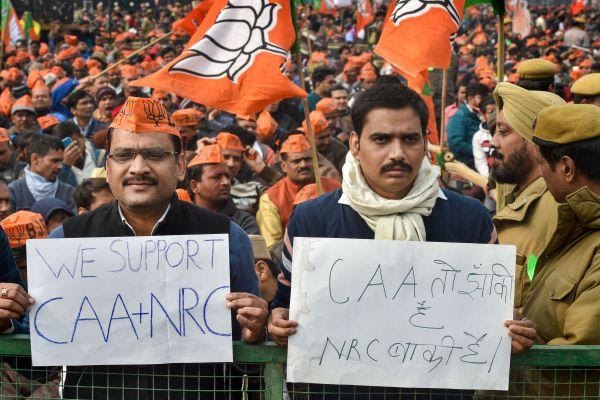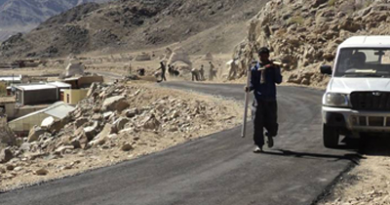CAA comes into force across India except the regions excluded from the legislation
AMI D nationwide agitation for and against amended citizenship act, the government has notified that it has come into force allowing non-Muslim immigrants from Afghanistan, Bangladesh and Pakistan compelled to leave their homelands as of December 31, 2014 eligible for Indian citizenship.
The Citizenship (Amended) Act grants immigrants minus valid documents belonging to Hindu, Jain, Sikh, Parsi, Christian and Buddhist communities from these Islamist nations. The government on Friday, January 10, notified the controversial legislation, making it effective beginning January 10.A notification in the official gazette by Additional Secretary, Ministry of Home Affairs, Anil Malik said, “In exercise of the powers conferred by sub-section (2) of Section 1 of the Citizenship (Amendment) Act, 2019 (47 of 2019), the Central Government hereby appoints the 10th day of January 2020, as the date on which the provisions of the said Act shall come into force.” The Act, which grants illegal immigrants belonging to Hindu, Jain, Sikh, Parsi, Christian and Buddhist communities from Pakistan, Bangladesh and Afghanistan, has also been opposed by multiple state governments. Kerala and West Bengal have announced they will not implement CAA. The Kerala Assembly has even passed a resolution against it.MHA sources said work is still on to frame the rules for the Act. Since the Act has fixed a cut off date of December 31, 2014, the rules would have to specify the kind of documents that would be needed to prove if the applicant came to India before that date or not. The ministry also has to decide the nature of documents or evidence that would be required from an applicant to prove that he/she came from the three countries mentioned in the Act. Sources, however, said there would be no need to prove whether the applicant had faced religious persecution as a member of the minority community in the mentioned countries. “That would be deemed to be true. No one would have to prove religious persecution,” an MHA official is quoted as saying by The Indian Express . Non -NDA governments have declared that the CAA will not be implemented in their states. Union Law Minister Ravi Shankar Prasad, Kerala and West Bengal Governors Arif Mohammad Khan and Jagdeep Dhankhar respectively as well as some eminent jurists have contested their affirmation saying the federal legislation enacted by Parliament and given nod by the President of India cannot be blocked by any authorities. Several pleas challenging the CAA’s constitutional validity have been filled in the Supreme Court of India. The petitioners are of the view that the CAA is violative of the fundamental rights for excluding the Muslims from its provisions and is based on religion (edited by PK Chakravarty)




